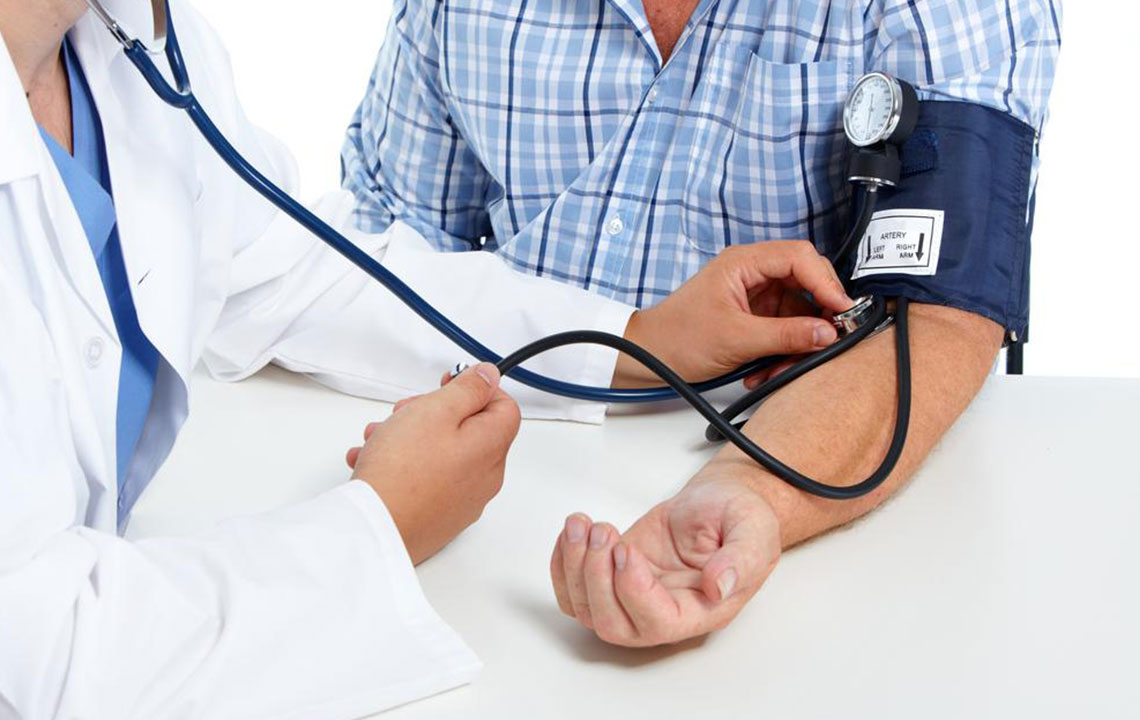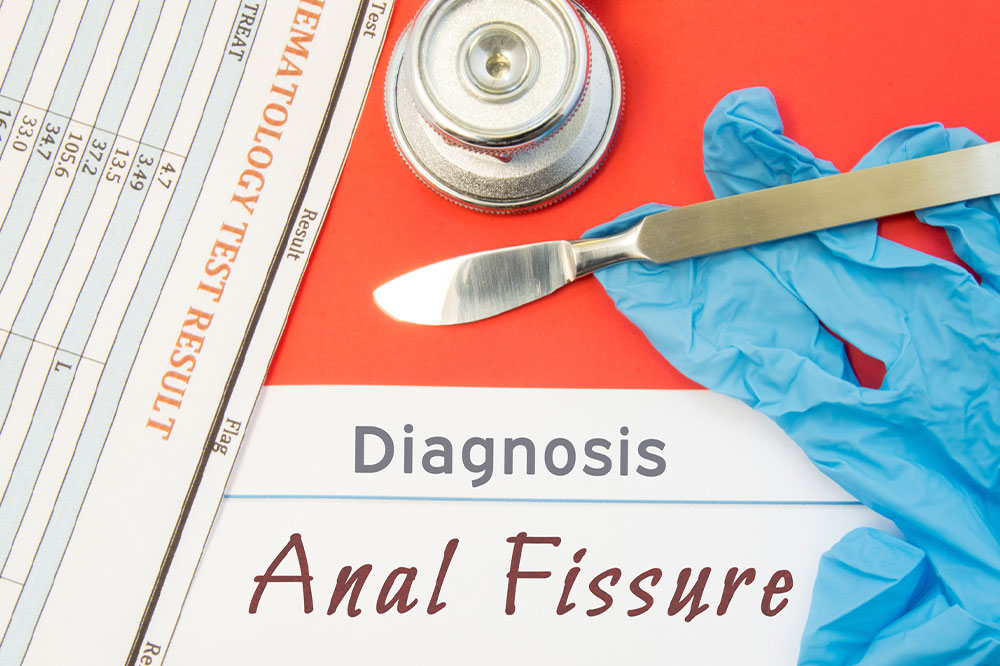Understanding Hypertension: Symptoms, Causes, and Management Strategies
This article provides comprehensive insights into high blood pressure, detailing symptoms, causes, types, diagnosis, and effective management strategies. It highlights the importance of lifestyle changes, medications, and regular monitoring to prevent serious health issues like heart disease and strokes caused by hypertension. Emphasizing natural remedies and a balanced diet, it is a valuable resource for anyone looking to control or prevent high blood pressure through proactive health practices.
Sponsored

Also known as high blood pressure, hypertension is a condition where blood pressure levels rise beyond healthy limits. This condition is a major risk factor for cardiovascular diseases and affects a significant portion of the population.
If left untreated, prolonged high blood pressure can cause serious health issues like heart failure, strokes, and organ damage.
Overview
Hypertension is often called the 'silent killer' because it typically develops without obvious symptoms. According to the American Heart Association, normal blood pressure is below 120/80 mm Hg. Readings above this range may require medical attention.
Elevated blood pressure calls for lifestyle modifications and possibly medications, especially if combined with other health conditions such as diabetes or heart problems.
Blood pressure is influenced by factors like the volume of blood pumped through vessels and the resistance faced by blood flow. Narrowed arteries increase resistance, leading to higher blood pressure levels. Blood pressure readings consist of systolic (pressure during heartbeats) and diastolic (pressure during relaxation). As per 2017 guidelines from the American College of Cardiology, readings of 120/80 are normal, while higher ranges indicate different stages of hypertension. Blood pressure fluctuates daily due to stress, diet, activity, and habits.
Diagnosis involves measuring blood pressure regularly, especially during routine check-ups. Multiple readings over a period help confirm hypertension. Further tests—urinalysis, cholesterol, blood tests, ECG, and ultrasounds—are often performed to identify underlying causes and assess organ health.
Signs and Symptoms
Symptoms like dizziness, headaches, chest pain, and vision changes may signal high blood pressure. Often, it remains symptomless until severe. Common indicators include:
Breathlessness
Nosebleeds
Persistent headaches
Dizziness
Fatigue
Chest discomfort
Vision disturbances
Blood in urine
Monitoring your blood pressure regularly is crucial, especially if there is a history of hypertension or heart disease in your family. Annual check-ups or more frequent tests help manage this condition effectively.
Factors Contributing to Hypertension
Various elements influence blood pressure levels, including:
Salt sensitivity or excessive salt consumption
Genetics and family history
Vascular abnormalities
High salt intake can raise blood pressure, especially in genetically predisposed individuals. Aging and lifestyle choices like poor diet, lack of exercise, obesity, and stress also play significant roles.
Hypertension types are mainly:
Primary (Essential) Hypertension: Develops over years with no identifiable cause but linked to genetics, aging, and lifestyle factors.
Secondary Hypertension: Results from underlying conditions like kidney disease, sleep apnea, thyroid issues, medications, or substance abuse, and tends to have a sudden onset.
Treatment Approaches
Managing high blood pressure involves lifestyle changes and medications. For primary hypertension, dietary adjustments, exercise, weight management, and stress reduction are key. Medications such as diuretics, beta-blockers, ACE inhibitors, calcium channel blockers, and vasodilators may be prescribed depending on severity.
Ongoing monitoring is essential because treatment plans may evolve based on response and disease progression.
Natural methods include adopting a heart-healthy diet like the DASH plan, regular physical activity, maintaining optimal weight, reducing stress, quitting smoking, and limiting alcohol intake. Dietary salt should be restricted to about a teaspoon daily, and processed sugary foods should be minimized.
By embracing a healthy lifestyle, you can significantly lower your risk of hypertension and related complications.






